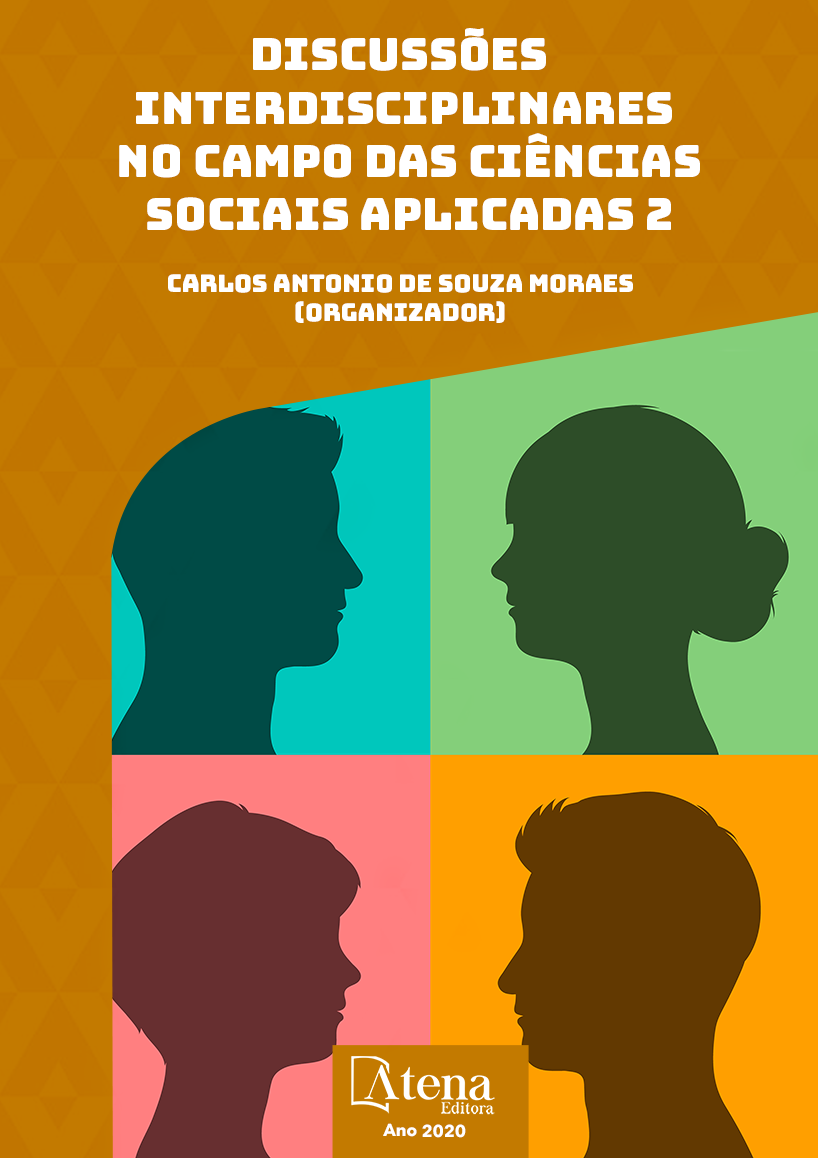
FORMAÇÃO TÉCNICA INTEGRADA E DESENVOLVIMENTO SOCIAL: AS PROPOSTAS DE UM CURSO DE INFORMÁTICA, O PERFIL E AS EXPECTATIVAS DE ESTUDANTES
Considerando as possíveis relações
entre as propostas de formação de um
determinado curso, o perfil e as expectativas
de seus estudantes e o contexto social do
município em que se inserem, visamos a
discutir a formação técnica integrada proposta
por um campus do Instituto Federal do Paraná,
no município de Goioerê, no Estado do Paraná.
Para tanto, fundamentamos nossa pesquisa
nos aportes teóricos advindos de diferentes
áreas do conhecimento, tais como: a Sociologia
(GIDDENS, 2001; ALVARENGA et al, 2011),
Psicologia (VIGOTSKY, 2010), Economia
(FURTADO, 1984; AMARO, 2004) e Educação
(FRIGOTTO; CIAVATTA; RAMOS, 2012).
Quanto aos procedimentos metodológicos,
utilizamos as abordagens qualitativa e
quantitativa em relação à natureza da pesquisa
(CANO, 2012; LAKATOS, 2010), questionários,
registros acadêmicos e documentos
institucionais como instrumentos de coleta de
dados. Para as análises, pautamos nossos
estudos na Teoria da Complexidade (MORIN,
1996), e no Interacionismo Sociodiscursivo
(BRONCKART,1997/2009) e Bulea (2010), ao
identificar conteúdo temático mobilizados nas
representações dos estudantes nas respostas
ao questionário. Os resultados apontam para
um maior entendimento das contribuições da
formação investigada para o desenvolvimento
profissional e social dos estudantes em relação
aos possíveis contextos e expectativas de
atuação futura.
FORMAÇÃO TÉCNICA INTEGRADA E DESENVOLVIMENTO SOCIAL: AS PROPOSTAS DE UM CURSO DE INFORMÁTICA, O PERFIL E AS EXPECTATIVAS DE ESTUDANTES
-
DOI: 10.22533/at.ed.46120210122
-
Palavras-chave: Formação técnica integrada. Perfil e expectativas de estudantes. Desenvolvimento social. Pesquisa interdisciplinar.
-
Keywords: Integrated technical education. Students’ profile and expectations. Social development. Interdisciplinary research.
-
Abstract:
Considering the possible relations
between the proposals of formation of a certain
course, the profile and the expectations of its
students and the social contexto of the city
where they are inserted, we aim to discuss
the integrated technical formation proposed by
a campus of the Federal Institute of Paraná,
in Goioerê city, in Paraná State. For this,
we base our research on the theoretical contributions coming from different areas
of knowledge, such as: Sociology (GIDDENS, 2001; ALVARENGA et al, 2011),
Psychology (VIGOTSKY, 2010), Economics (FURTADO, 1984; AMARO, 2004) and
Education (FRIGOTTO; CIAVATTA; RAMOS, 2012). Regarding the methodological
procedures, we used qualitative and quantitative approaches in relation to the nature of
the research (CANO, 2012; LAKATOS, 2010), questionnaires, academic records and
institutional documents as data collection instruments. For the analyzes, we base our
studies on Complexity Theory (MORIN, 1996), and on Sociodiscursive Interactionism
(BRONCKART,1997/2009) and Bulea (2010), when identifying the thematic content
mobilized in the students’ representations in the questionnaire answers. The results
point to a greater understanding of the contributions of the researched formation to
the professional and social development of the students with respect to the possible
context and expectations of future action.
-
Número de páginas: 15
- Maria Izabel Rodrigues Tognato


